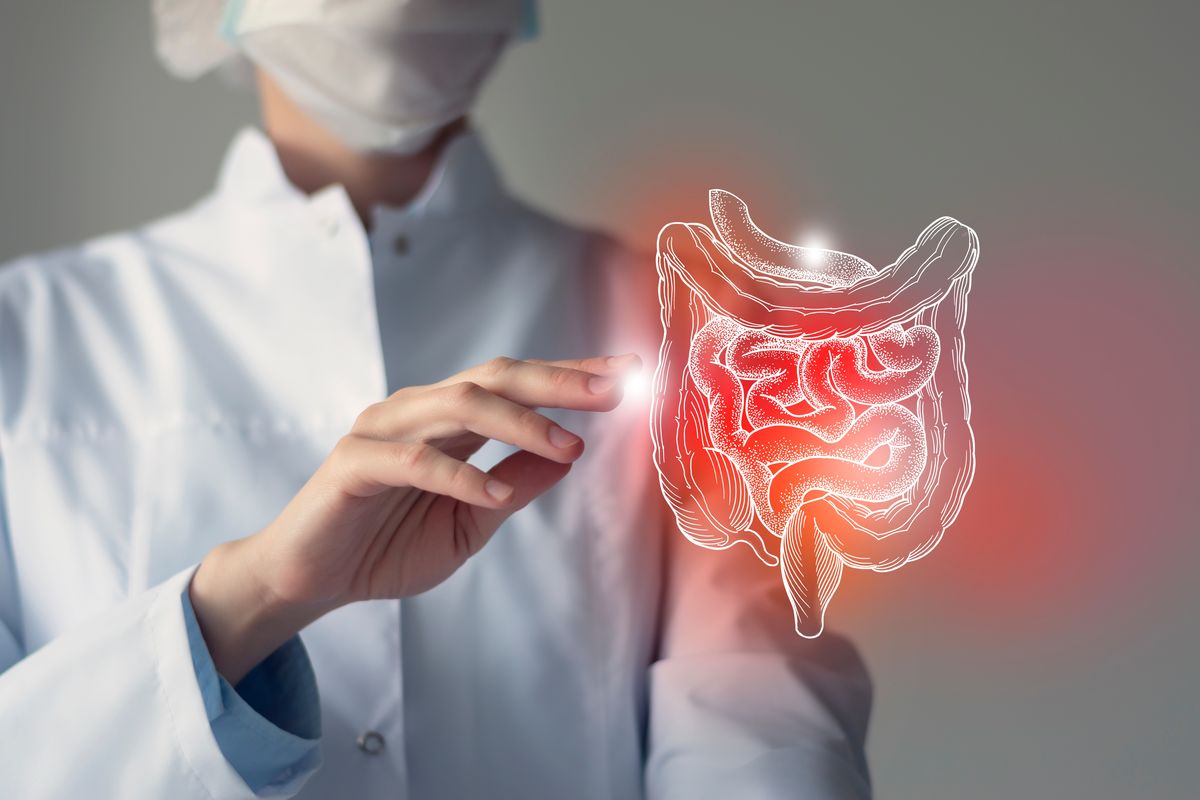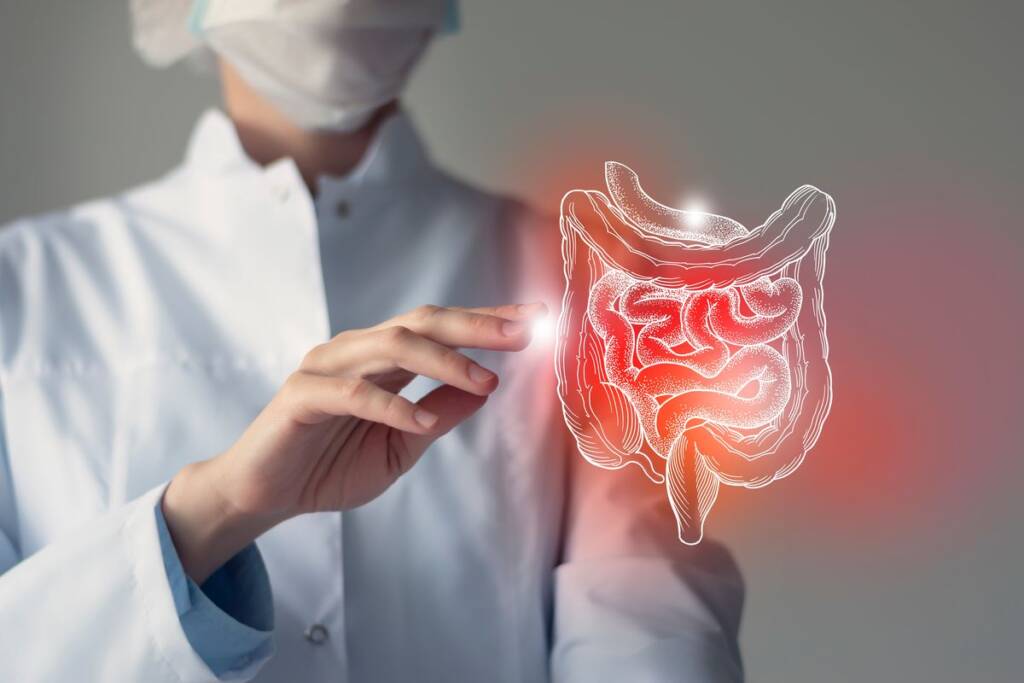Health
Colon cancer: what it is and how this neoplasm manifests itself

Colon cancer is the third most common cancer in the world, preventive screening is essential to prevent and cure it.
Colon cancer, also known as colorectal cancer , is cancer that affects the large intestine. As reported by the Airc , this is the third most commonly diagnosed cancer, after breast and lung cancer, and more than 40,000 new cases are estimated in Italy every year. Like all cancers, this one also results from uncontrolled cell growth. Let's see what are the risk factors, the symptoms and the necessary therapy.
Colon cancer: risk factors
Colon cancer is thought to be caused by a combination of different factors, including lifestyle and hereditary factors. Research suggests that lifestyle factors, such as diet , physical activity , smoking, alcohol consumption and obesity, may increase an individual's risk of developing this condition. For example, some studies have revealed that diets high in processed meats and red meats , as well as diets low in fruits and vegetables, can greatly increase the risk.

Hereditary genetic factors that significantly increase the risk of colon cancer include those associated with certain genetic syndromes, such as familial adenomatous polyposis (FAP) and hereditary non-polyposis colorectal cancer (HNPCC or Lynch syndrome ).
This cancer can also develop in people with inflammatory bowel disease, such as Crohn's disease and ulcerative colitis . If you have a family history of the disease, it's important to talk to your doctor about further evaluation and testing. Early diagnosis is key to successful treatment, so it's important to stay on top of your cancer screening schedule.
The most common symptoms of colon cancer
Colon cancer can present with multiple symptoms. One of the most common is stomach ache. This can come in many forms and often include cramping , bloating or general discomfort, blood in the stool and/or constipation. A change in diet or taking over-the-counter medications may only help temporarily. Fatigue and weakness , and unexplained weight loss are other warning factors to consider. Unexplained fatigue and weight loss should be taken seriously as either of these alone can be indicative of a bigger problem.
When it comes to colon cancer, early detection is key. The sooner symptoms are accurately identified, the more knowledge and power doctors will have in caring for the sick person.
Colon cancer: therapy
Colon cancer, which has also affected the former Brazilian footballer Pele among many others, is a preventable and curable disease, but only if caught early. Early diagnosis is key to successful treatment, so anyone with a family history or personal risk factors should be screened as soon as possible. For advanced stages of colon cancer, a variety of advanced therapies are available. The most common therapy is surgery , where the affected part of the colon will be removed.
This is often preceded by chemotherapy and radiation therapy . There are a number of cancer drugs that can be used alone or, more commonly, in combination to treat colorectal cancers. This group of drugs includes the drugs trifluridine/tipiracil, oxaliplatin, fluoropyrimidines, and irinotecan.
Riproduzione riservata © - WT


 UNIPV (@cnu_unipv)
UNIPV (@cnu_unipv)








